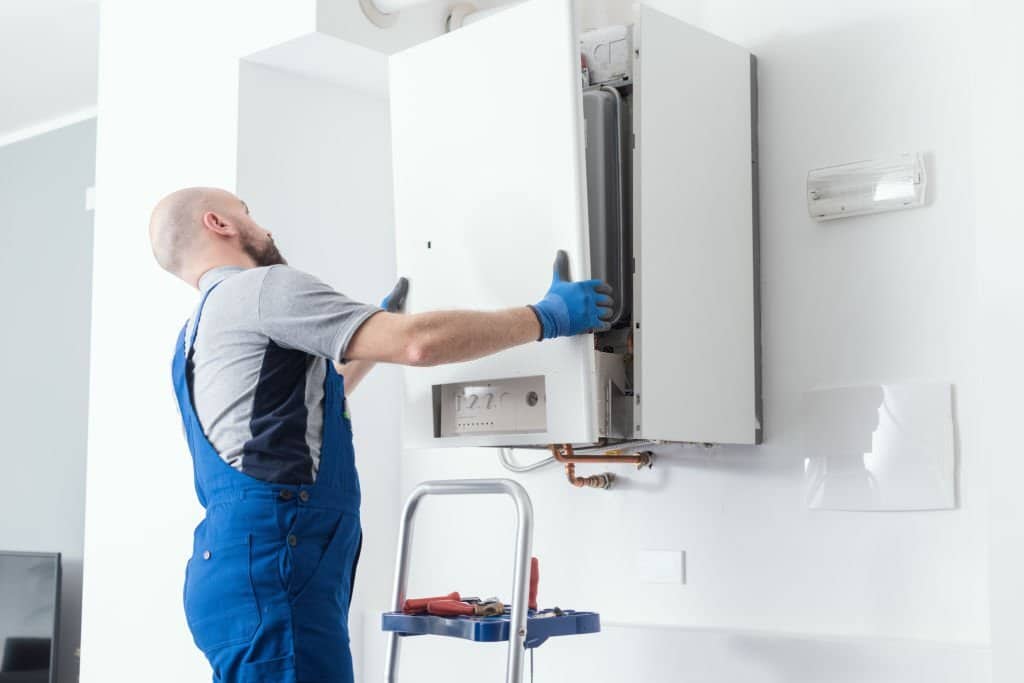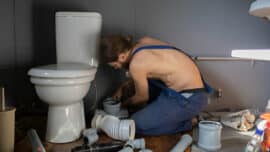
Should You Replace Your Water Heater Before It Fails?
As homeowners, we often face the dilemma of whether to proactively replace our appliances or wait for them to fail. This decision involves our water heaters, particularly the Electric Hot Water System, which plays a vital role in providing hot water for various household activities. In this article, we will delve into the factors that impact the decision of replacing an electric hot water system, particularly focusing on the Engadine region and considering the importance of choosing a reliable plumber in Engadine.
Age and Condition of the Electric Hot Water System:
The age of your Electric Hot Water System is a crucial factor to consider when considering a replacement. On average, electric water heaters have a lifespan of 8-12 years, depending on usage and maintenance. If your Electric Hot Water System is approaching or has exceeded this lifespan, replacing it might be a wise idea. As heaters age, their efficiency decreases, which will lead to higher energy bills and potential huge inconvenience if it fails unexpectedly.
Signs of Wear and Tear:
Regular inspection of your Electric Hot Water System is essential to identify signs of wear and tear. Rust or corrosion on the tank, leakage, strange noises, and inconsistent water temperature are red flags indicating that your unit might be nearing the end of its life. Addressing these issues promptly can extend the Electric Hot Water System’s lifespan, but if such problems persist, replacing it may be the best course of action to avoid sudden breakdowns.
Energy Efficiency:
Advancements in technology have led to more energy-efficient Electric Hot Water System models. If your current heater is outdated, upgrading to a modern, energy-efficient unit can result in substantial long-term savings on your utility bills. Although the upfront cost might be higher, the reduced energy consumption will gradually offset this expense.
Environmental Impact:
When contemplating an Electric Hot Water System replacement, it’s essential to consider the environmental impact of your decision. Older units might consume more energy and contribute to higher greenhouse gas emissions. Opting for an energy-efficient model or exploring eco-friendly alternatives, such as solar water heaters, can reduce your carbon footprint and help combat climate change.
Reliability and Peace of Mind:
The idea of waking up to a cold shower due to an Electric Hot Water System failure is something many homeowners dread. By replacing your Electric Hot Water System before it fails, you gain peace of mind knowing that your new unit is reliable and less likely to cause inconvenience to your daily routines.
Engadine-Specific Considerations:
For residents in Engadine and surrounding areas, choosing a reputable Plumber in Engadine or a plumber near me is paramount. Engadine’s climate, water quality, and local regulations may affect the choice of Electric Hot Water System and the installation process. Engaging a knowledgeable Plumber in Engadine ensures that the new unit is properly installed, meets safety standards, and functions optimally for the region’s specific conditions.
Financial Aspects:
Financial considerations play a significant role in the decision-making process. While replacing your Electric Hot Water System incurs an upfront cost, it can potentially save you from emergency repair expenses, property damage due to leaks, and higher utility bills. Additionally, some manufacturers offer warranties on their Electric Hot Water Systems, providing added protection against early failures.
Deciding whether to replace your Electric Hot Water System before it fails involves taking into account a number of factors, including the age, condition, and energy efficiency of your current unit. Considering the environmental impact, reliability, and local considerations like Engadine’s climate and the expertise of a Plumber in Engadine can help you make an informed decision. While there are upfront costs associated with proactive replacement, the long-term benefits in terms of reduced energy consumption, lower utility bills, and peace of mind make it a viable option for many homeowners. As with any significant home improvement decision, it’s crucial to conduct thorough research, consult with professionals, and evaluate the tradeoffs to arrive at the best choice for your household.



